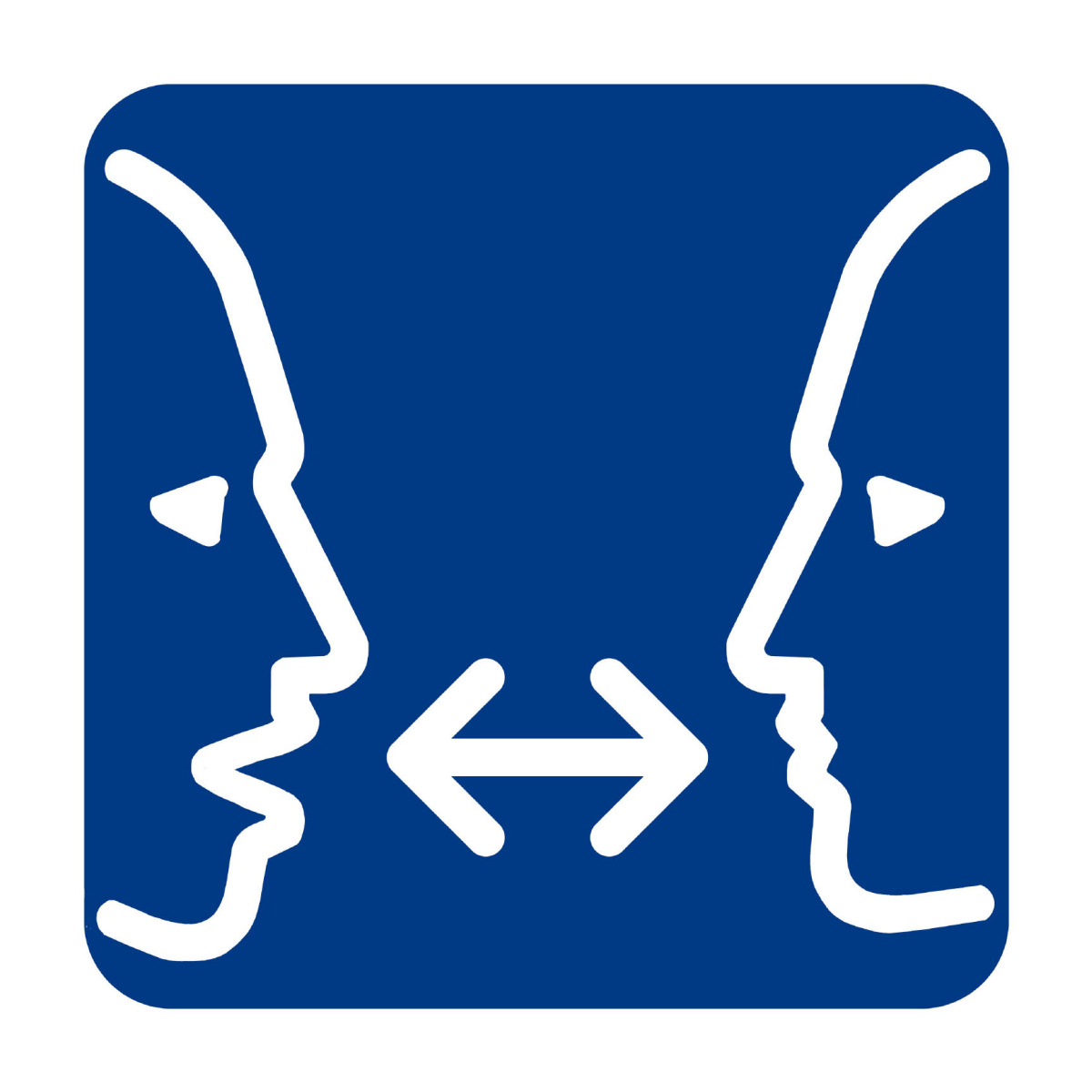June is Aphasia Awareness Month in North America. More than 100,000 Canadians live with aphasia and about a third of stroke survivors experience it, according to
Speech-Language & Audiology Canada. Notably, June is also Stroke Month in Canada, led by the
Heart and Stroke Foundation.
Aphasia is a communication disorder. It can affect speaking, listening, reading and writing. Aphasia does not affect intelligence. It is caused by brain damage such as a stroke (from
strokerecoverybc.ca).
Aphasia is often misunderstood. Due to limited awareness of the disorder and its symptoms, people are often mistaken by others for having intellectual impairments.
Unsurprisingly, people living with aphasia can often feel isolated and depressed due to their differing ability to communicate: verbal expression, understanding words, reading and writing can be affected. Speech therapy, led by speech-language pathologists, helps people to regain their ability to connect with those around them and participate in everyday life.

Communication Disabilities Access Canada created this "communication access symbol" design in 2014 to make services across Canada more accessible for those with communication disorders such as aphasia.
As well, it's important for these individuals to receive support from their family and friends to help them communicate.
 "Aphasia Awareness month occurs every June to build awareness of aphasia and its impacts on stroke survivors, their families and friends," says Jenna Beaumont, Lead, Provincial Clinical Initiatives & Innovation at
Stroke Services BC. "Just by recognizing and understanding aphasia for what it is, you can make a difference in the lives of those you may meet with the condition."
"Aphasia Awareness month occurs every June to build awareness of aphasia and its impacts on stroke survivors, their families and friends," says Jenna Beaumont, Lead, Provincial Clinical Initiatives & Innovation at
Stroke Services BC. "Just by recognizing and understanding aphasia for what it is, you can make a difference in the lives of those you may meet with the condition."
To communicate effectively with a person who is living with aphasia, you can use pictures or a communications device, keep sentences short and simple, review what you're saying, and ask the listener if they understood you. For more tips, see the resources below.
- Read a CBC article about actor Bruce Willis' experience with aphasia.

